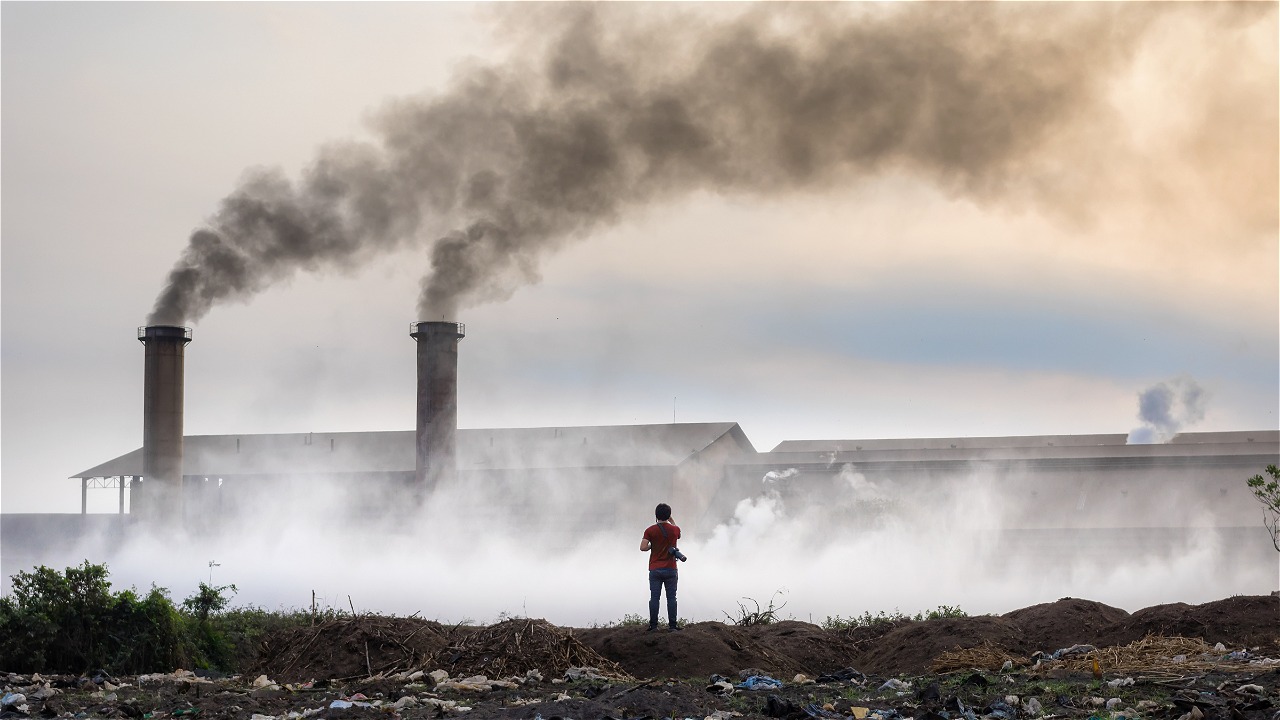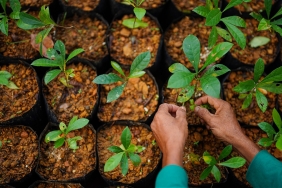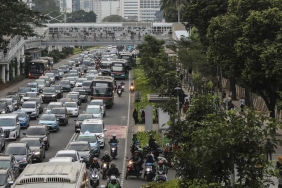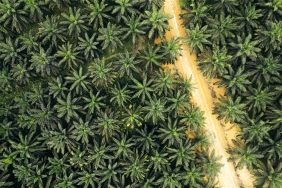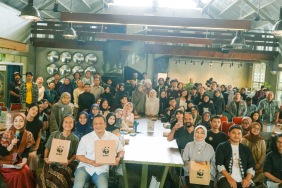INDONESIA NEEDS TO ACCELERATE LOW CARBON DEVELOPMENT
A total of 195 world leaders, including Jokowi, attended the Climate Change Summit or COP21 (21st Conference of the Parties), held in Paris from November 30 to December 11, 2015. COP21 is an important meeting where world leaders are present to negotiate and reach an agreement in an effort to tackle global climate change.
Based on CAIT World Resource Institute (WRI) source in 2012 Indonesia is included in the top 10 highest Greenhouse Gas (GHG) emitting countries in the world where the contribution of forestry and land use sectors and the energy sector is the largest contributor. President Jokowi's presence at COP 21 is one of Indonesia's political commitments to contribute to reducing GHG emissions and preventing the earth's temperature rise from exceeding 2°C.
Indonesia Vulnerable to Climate Change Impacts
The climate change that is happening in the world is not only a natural phenomenon. Climate change is also caused by human activities on earth such as logging and destruction of forests, burning and clearing peatlands, the use of dirty fuels sourced from fossil energy such as oil and natural gas and coal, and wasteful energy consumption, which triggers high concentrations of greenhouse gases in the atmosphere and results in global warming and climate change.
The increase in the earth's temperature triggers a rise in sea level which can cause the sinking of small islands Meanwhile, extreme weather will increase the intensity of storms, droughts, landslides, floods, land fires, and heat waves. And it can also potentially increase disease outbreaks such as malaria, dengue fever, diarrhea, and so on. Not to mention the threat to food security due to crop failure. Clean water will also be reduced and rising sea temperatures will cause damage to coral reefs and the extinction of some species that cannot withstand weather changes.
Indonesia as a country that has thousands of small islands and is located in the tropics, with the second highest level of biodiversity in the world after Brazil, and has the fourth most populous population in the world whose population reaches more than 240 million people, making Indonesia vulnerable to the impacts of climate change.
Accelerate Low Carbon Development
Indonesia as a developing country needs energy in its development. With Indonesia's commitment to reduce its emissions by 29% by 2030, the transition from fossil energy to renewable energy must be done immediately as part of efforts to accelerate low-carbon development. Achieving this requires an ambitious and consistent commitment and the participation of all stakeholders from the government, private sector, and the community.
This is in line with WWF Global's Energy Vision to realize 100% renewable energy by 2050, where the world's energy needs including Indonesia come from renewable energy sources, such as solar energy, water, wind, geothermal, waves, and bioenergy. The development of renewable energy to replace fossil energy will have a significant impact on reducing GHG emissions, saving state finances, increasing access to clean energy, improving clean air quality and health, creating new jobs, and preserving the environment.

